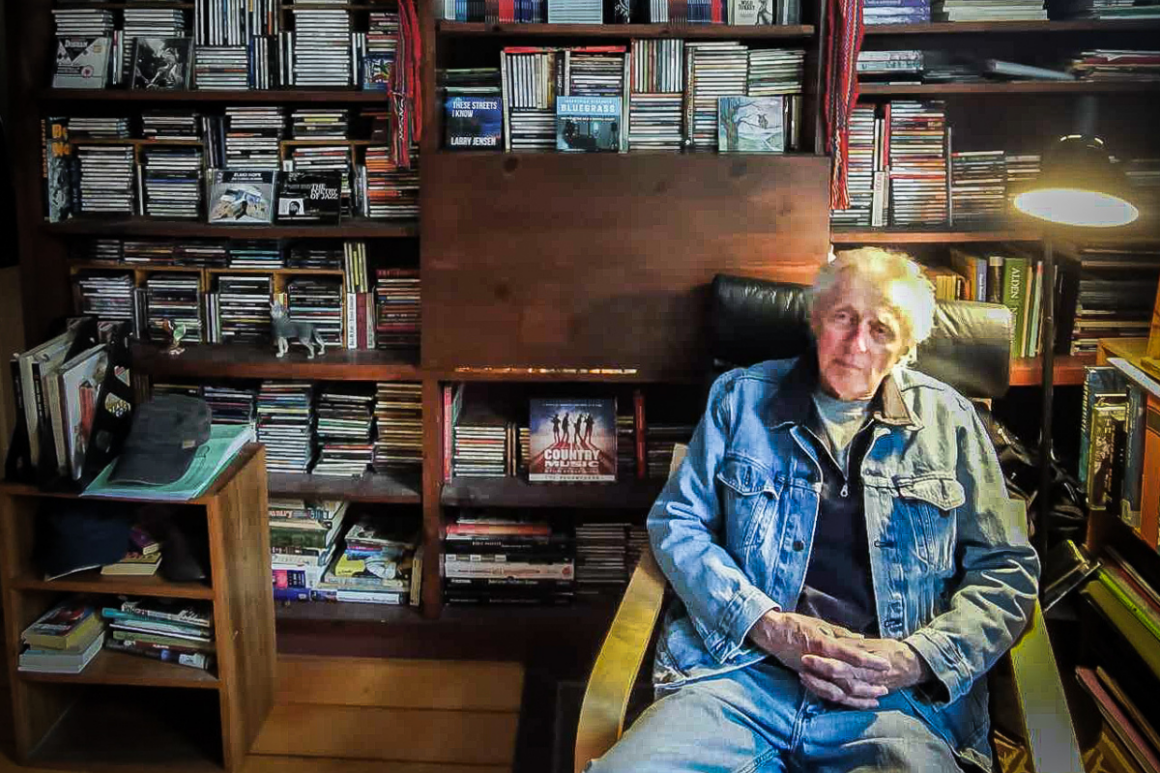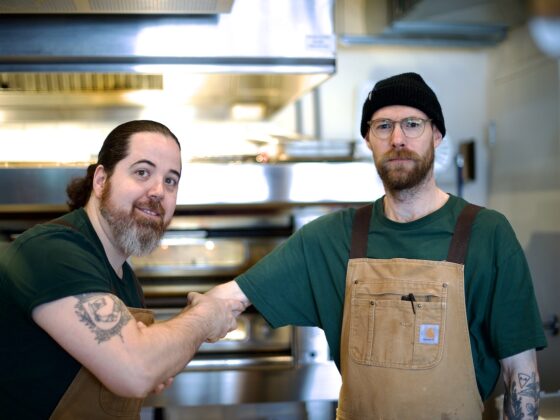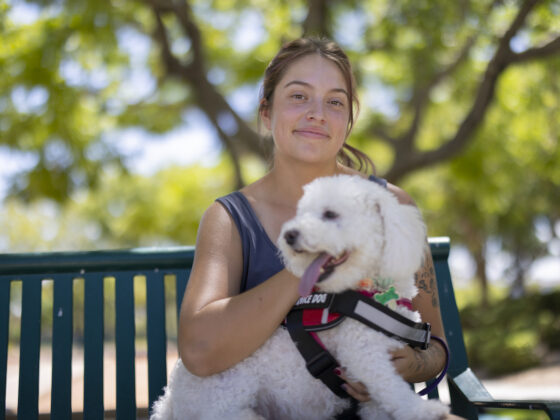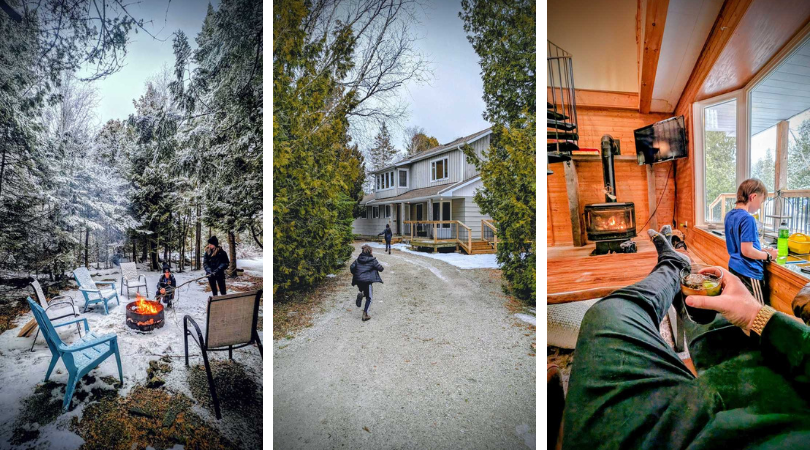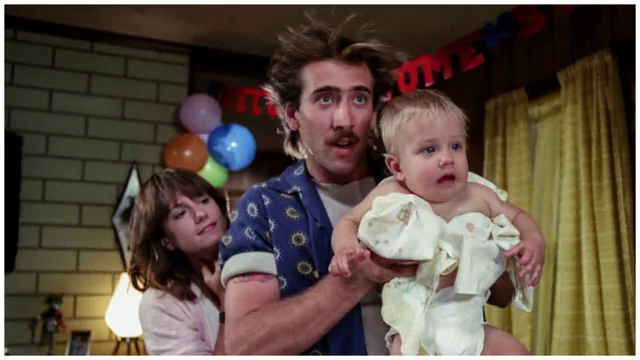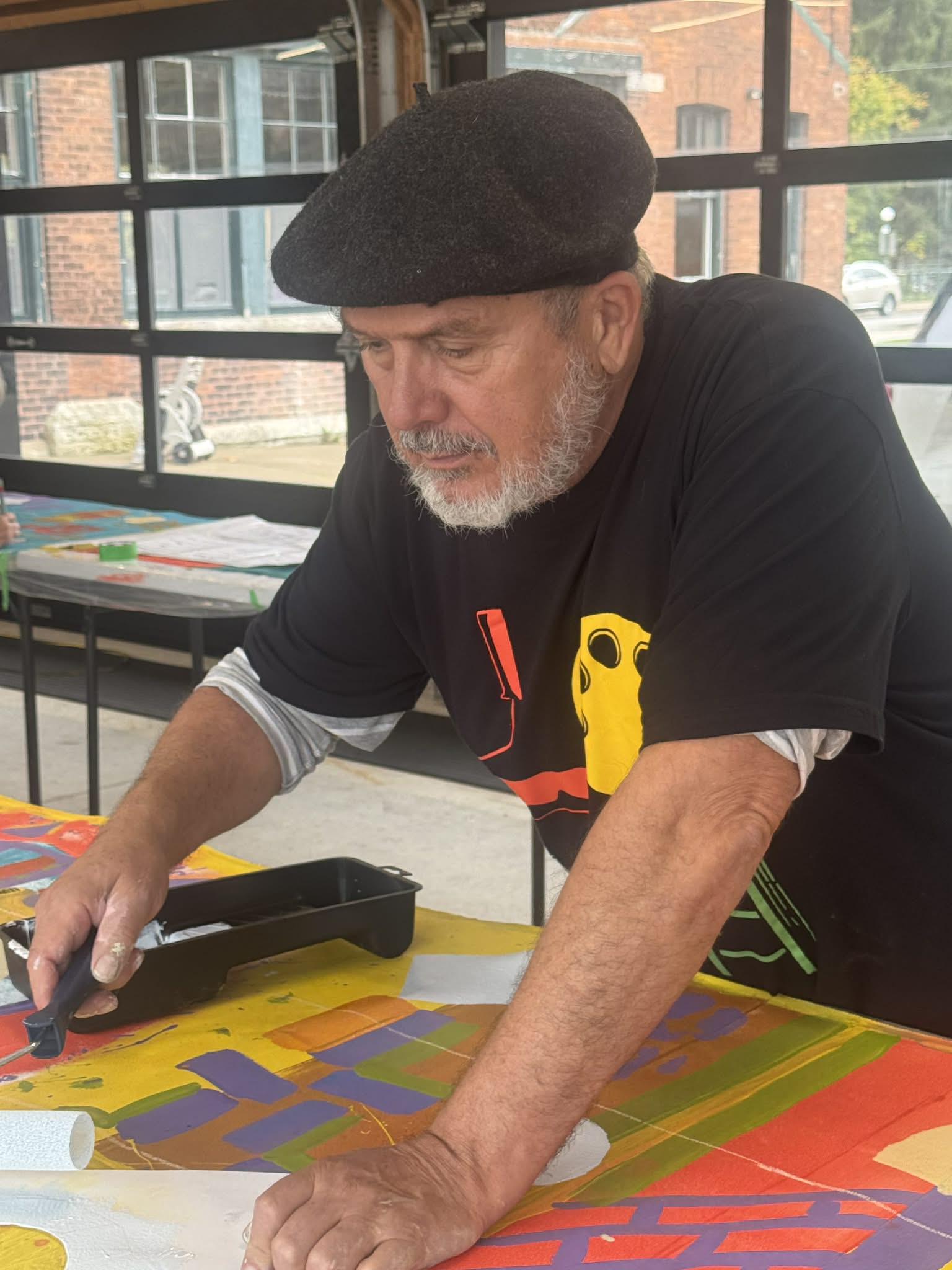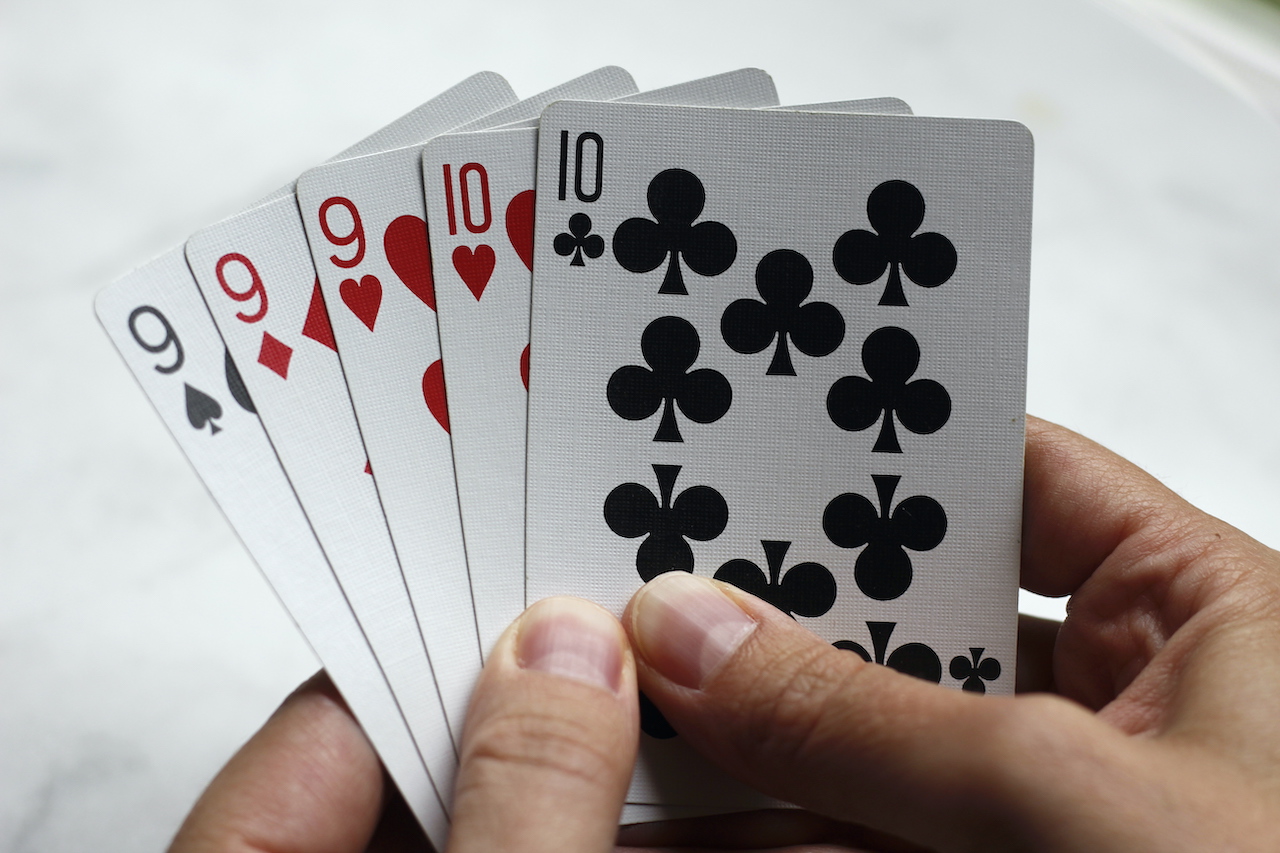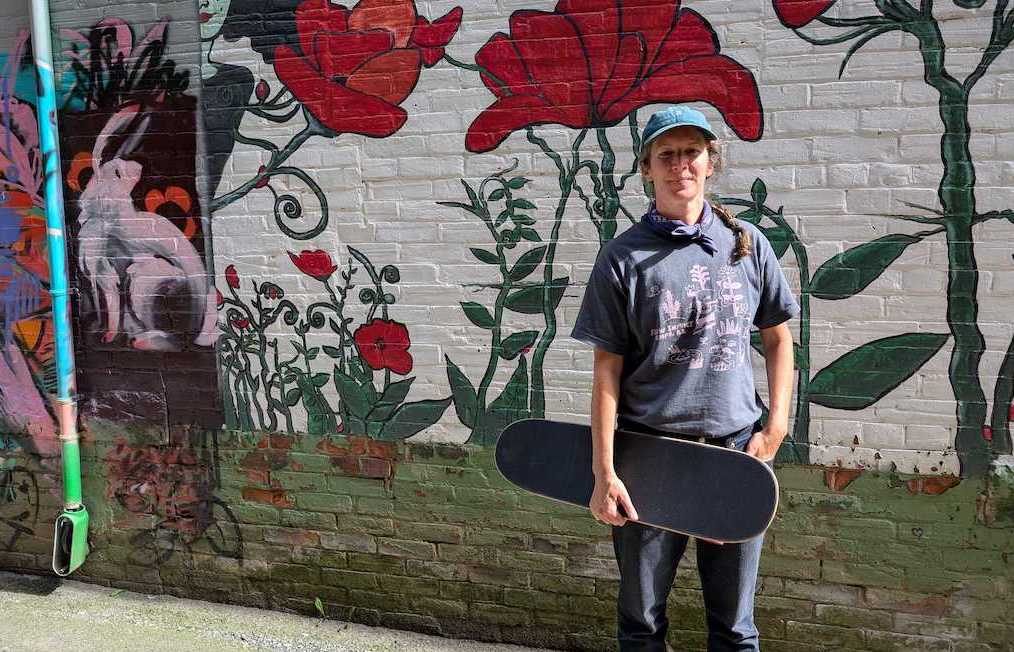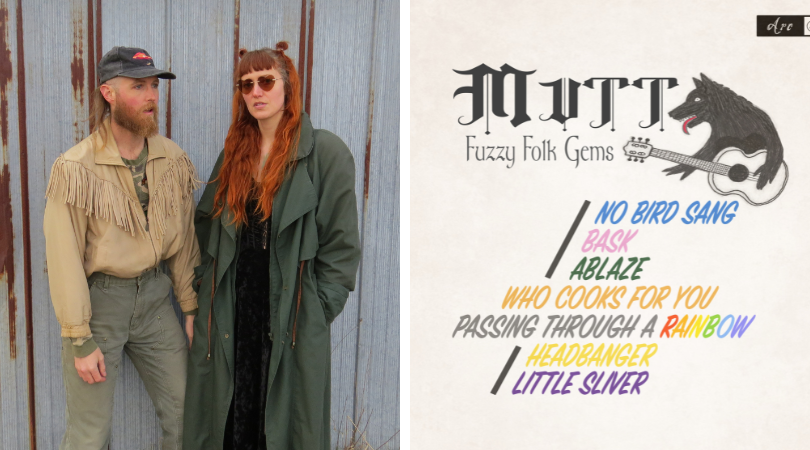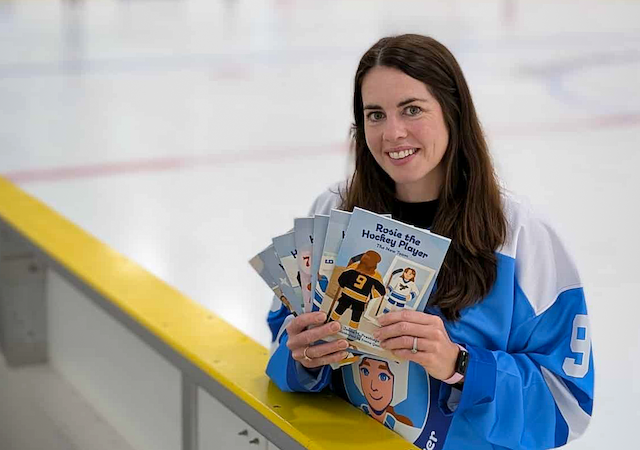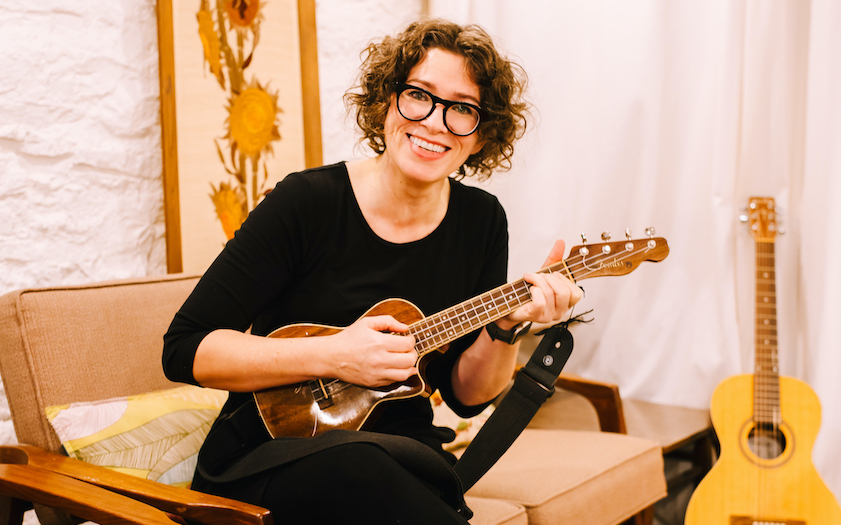In the midst of the pandemic, Rob Rolfe asked me to provide some notes and feedback on the preliminary draft of Sturgeon Bay, his 2022 effort. Humbled, I accepted the invitation. A few weeks passed, and perhaps timidly, I was humming and hawing on my written response. I met Rob’s partner, Patti Waterfield, at the Owen Sound Farmers’ Market, who lovingly shook her finger in my face and told me supportively, something to the effect of ‘don’t hold back – really give it to him; he wants to be pushed.’
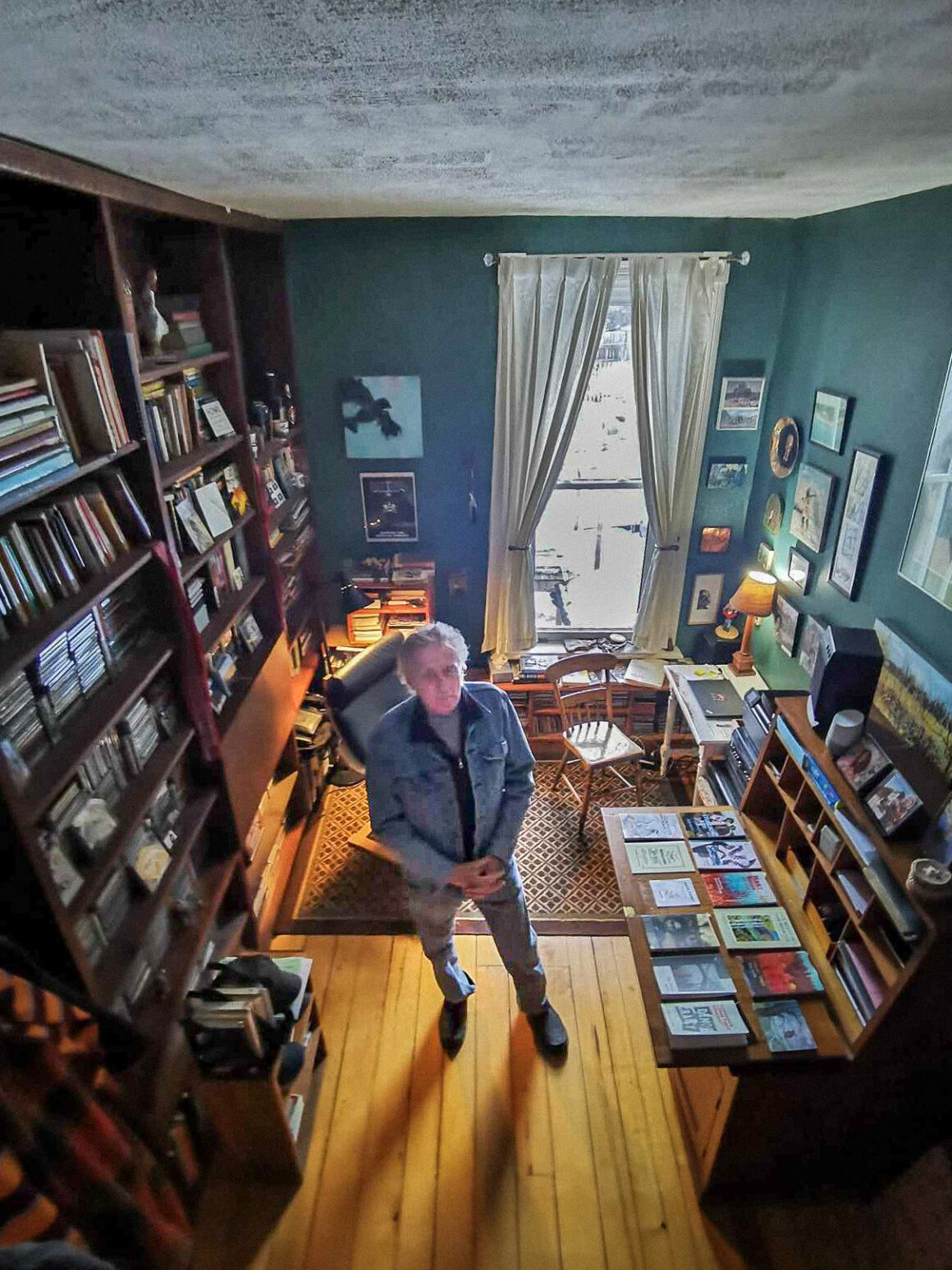
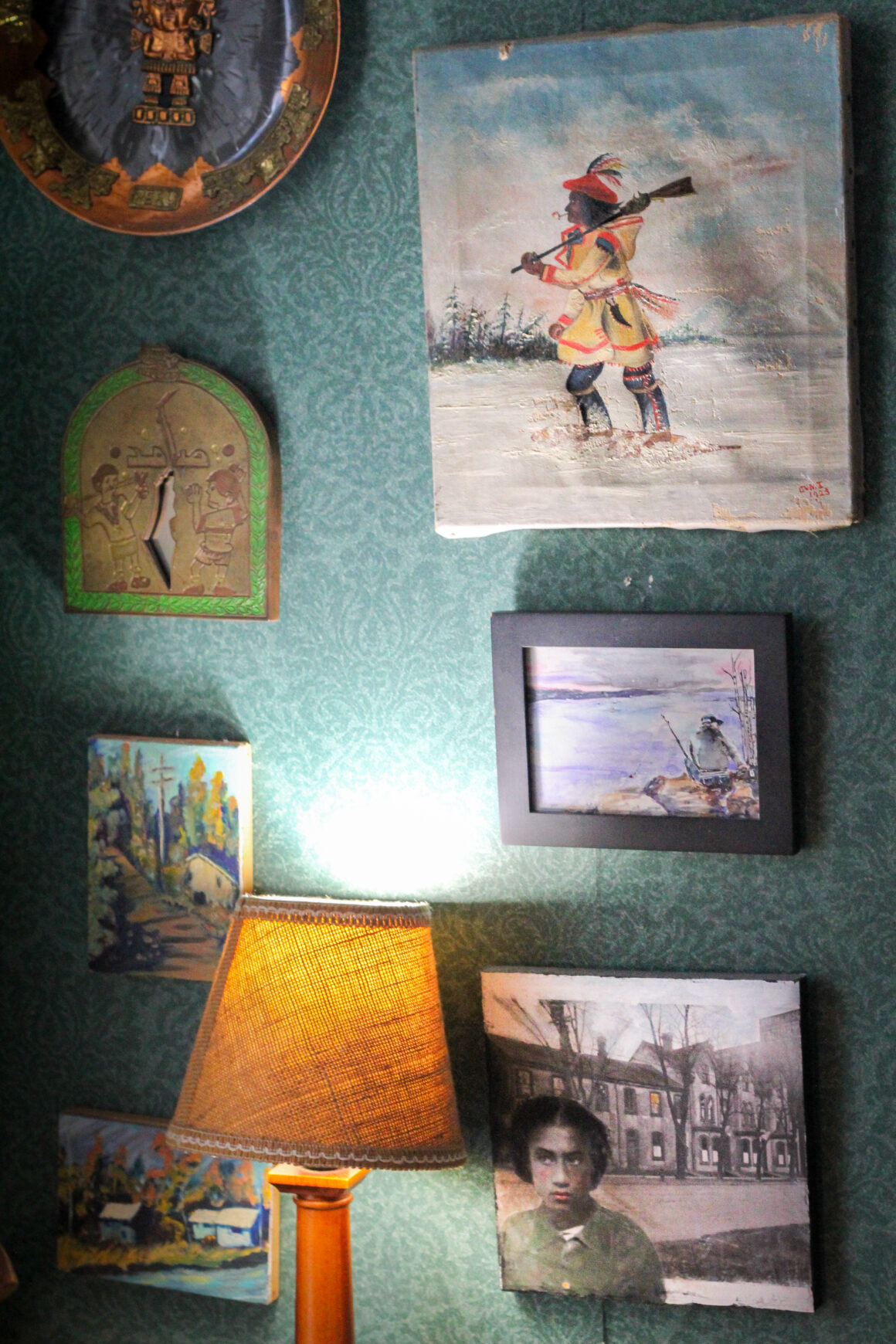
So I did. I went for it. It felt a little wrong and I was nervous to offend a good friend who maybe was anticipating a more mainstream response. I felt a bit like a crow pestering a Red-tailed Hawk, barking at this much more sophisticated, regal beast with a brash arrogance, pushing it away from common prey and back to perch and ponder on the powerline. Much to my relief, Rob was genuinely grateful (or so he tells me) for my questions and my prodding.
Fast forward to about 4 months ago, and he plops a copy of his 7th collection of poems, prose, and songs – Don’t Look Back – onto my lap. To say I was impressed and taken aback is a profound understatement; Rolfe has unleashed something within him that knows few bounds, isn’t afraid to press, and can ruffle a few feathers – maybe he really is a hawk.
The book opens with a gorgeous quote from Leroy ‘Satchel’ Paige: “Don’t look back. Something might be gaining on you.” I’ve said this before, but Rob’s work is a rarity that beckons its reader to flip back and forth to previous ideas again and again, drawing comparisons and weaving intricate stories throughout. It’s a welcome, yet warm departure from Rob’s canonical collections of poetry – it’s a lively evolution of ideas, thoughts, memories, and vivid visuals. The juxtaposition of Chapter 1’s Possum and Rainbow for example, found on opposing pages early on in the read; they oppose so violently, contrasting the permanence of death and the guarantee of struggle with themes of overt optimism, hope, and peace. *Chef’s kiss.*
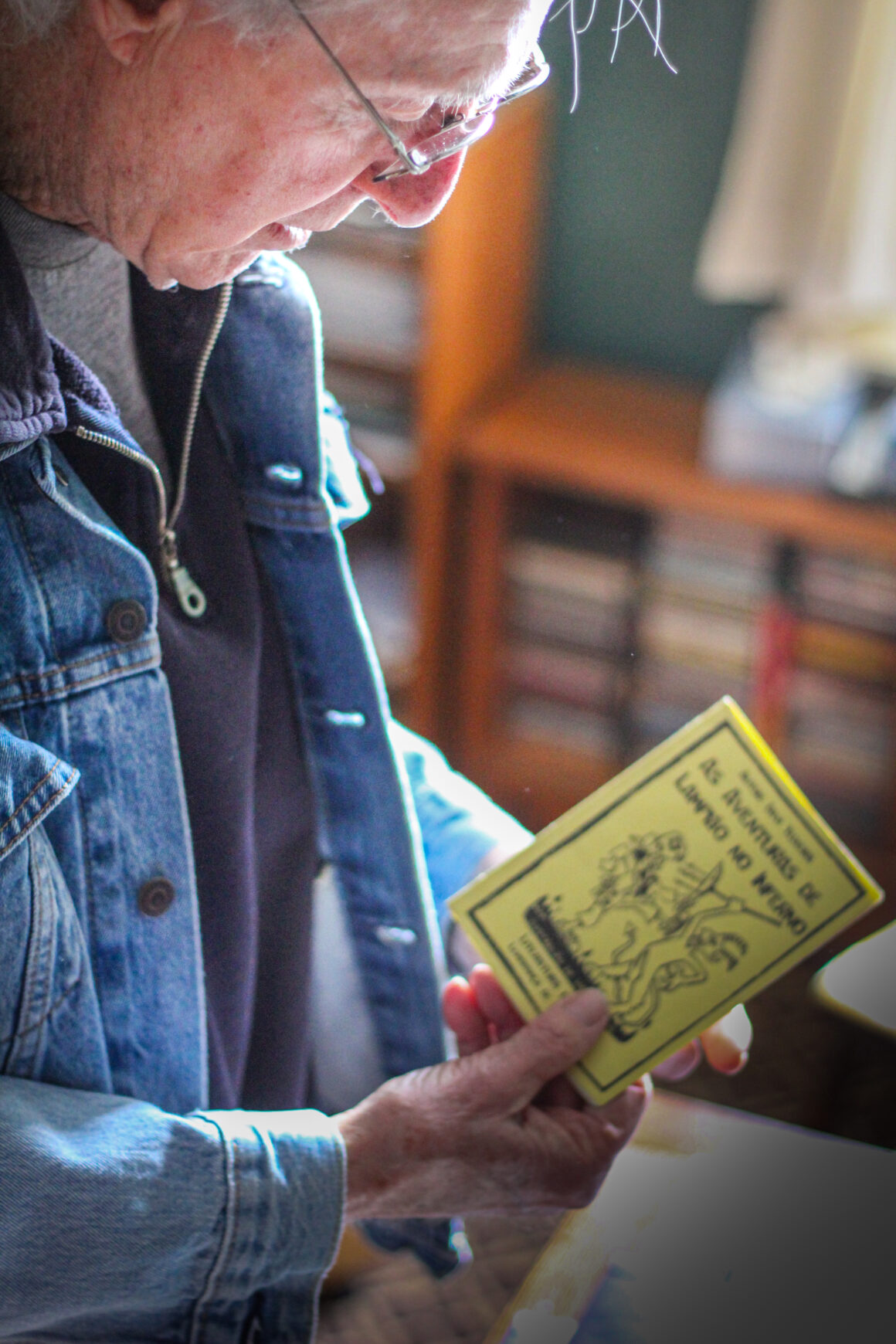
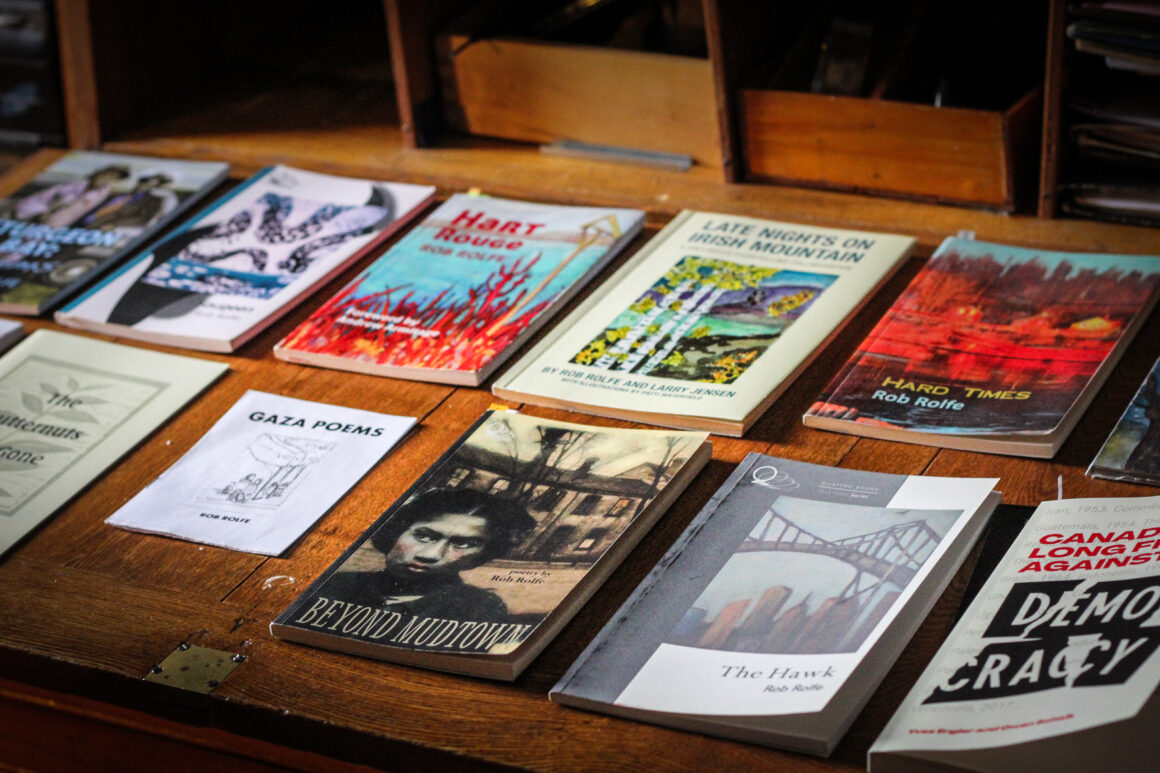
A London boy at heart, Rolfe shares tales of schmoozing alongside eccentric Canadian artists like Greg Curnoe, eating hot beef sandwiches at the York Hotel, navigating early relationships with girls in his youth, his exposure to radical new intellectual ideas as a student, and channels the playmakers, revolutionaries and political unrest of Latin America and 1960s Quebec in a cocktail of colourful and bold language.
There’s an interesting chronological arch in Don’t Look Back – which ultimately convinces me Rolfe might be doing just that – but not out of regret, missed opportunity, or nostalgic affliction. Instead, his brand of reflection feels as though it’s cherished and valued. Looking back as a theme is more about acknowledging the worth and importance of the past – positive or negative – if you’re going to avoid repeating its faults in the present.
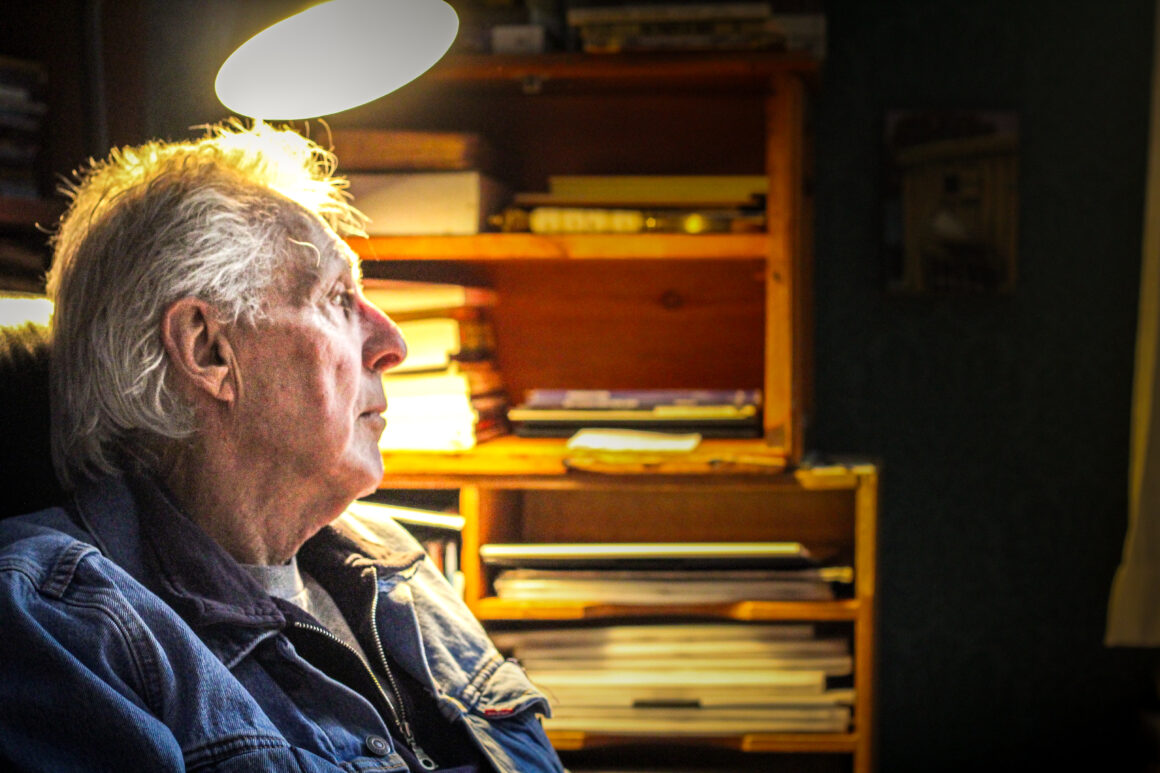
At the end of the book, I came back to that opening page and wondered what could be gaining on Rolfe; whatever it is, it sure as hell isn’t catching him anytime soon. This hawk’s on the move.
You can pick up a copy of Don’t Look Back at The Ginger Press in downtown Owen Sound.
– —
Word and photos by Nelson Phillips

